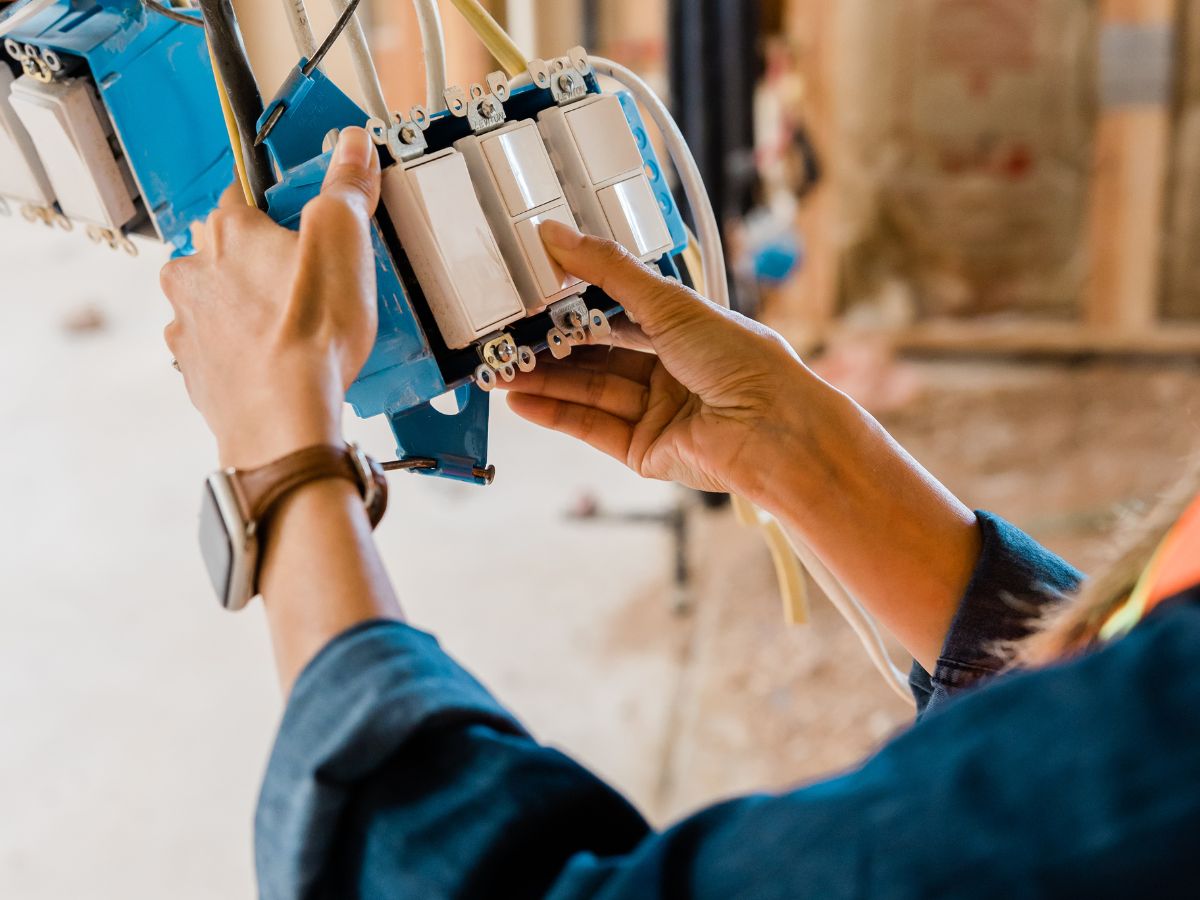Electrical Design
Electrical Design
As an architect, it is important to have a basic understanding of electrical design. This will allow you to make informed decisions about the layout and wiring of your buildings. Electrical design is a complex field, but there are a few key principles that you should be familiar with. These include load calculation, voltage drop, and short circuit analysis. With a basic understanding of these concepts, you will be able to create electrical designs that are safe and efficient. The ISP Electrical engineering team is trained in codes including NEC, IBC, and NFPA. Our team can complete an entire construction document including power, systems, and lighting plans.


Delegate Your Electrical Tasks
Scope is critical in any project, but especially so in electrical design for new buildings. A detailed understanding of the project’s architecture is essential in order to develop an accurate electrical design. The electrical designer must work closely with the architect to ensure that all aspects of the project are considered.
The designer must also be familiar with the latest codes and standards to ensure that the design meets all applicable requirements. You can use ISP to delegate your electrical tasks using our experienced electrical engineering team.
Some tasks you can delegate include:
Fire alarm design
Electrical enlarged room plans and sections
Short circuit/ voltage drop calculations
Energy compliance reports
Lighting and power system design
Panel schedules
Lightning protection system design
Riser diagrams
Wire feeder sizing
And much more

Parts of an Electrical Plan
Depending on the type of projects, electrical design can include: general electrical requirements, lighting systems, and electrical distribution systems.
Every new building must include general electrical requirements. These can be items like 120v receptacle outlets that will be located throughout the building.
Although these receptacles aren’t meant for serving any specific loads they are meant for general use such as wall receptacles, desktops, and electrical equipment which don’t have a special electrical requirement.
Lighting systems require the greatest development time due to their complexity. All lighting fixtures and their controls are included in these systems.
The electrical distribution system is the backbone of any modern society. It is responsible for distributing electricity to homes and businesses. The distribution system must be designed to meet the needs of the customer and the environment. The system must also be reliable, efficient, and safe.
The electrical engineering team at ISP is here to become an extension of your current team. With years of experience we can help you design an electrical system that will perfectly fit your project’s needs.
The Electrical Design Plan
After determining your electrical needs and the various parts required, our electrical engineering team will start assembling the parts to create the electrical design. The plans will have references of the design for each device, marked with the appropriate electric symbol. The symbols make recognition of the parts easier to identify by all people working on the project to make cost estimation and construction easier. ISP has an experienced electrical engineering team that can help make the whole process easier, and by adding them to your team you can make sure the job gets done right. It is important to your project to have the right people for a job to ensure your electrical system is safe and effective, as well as able to give enough power to the whole building.
WHAT OUR CLIENTS ARE SAYING















